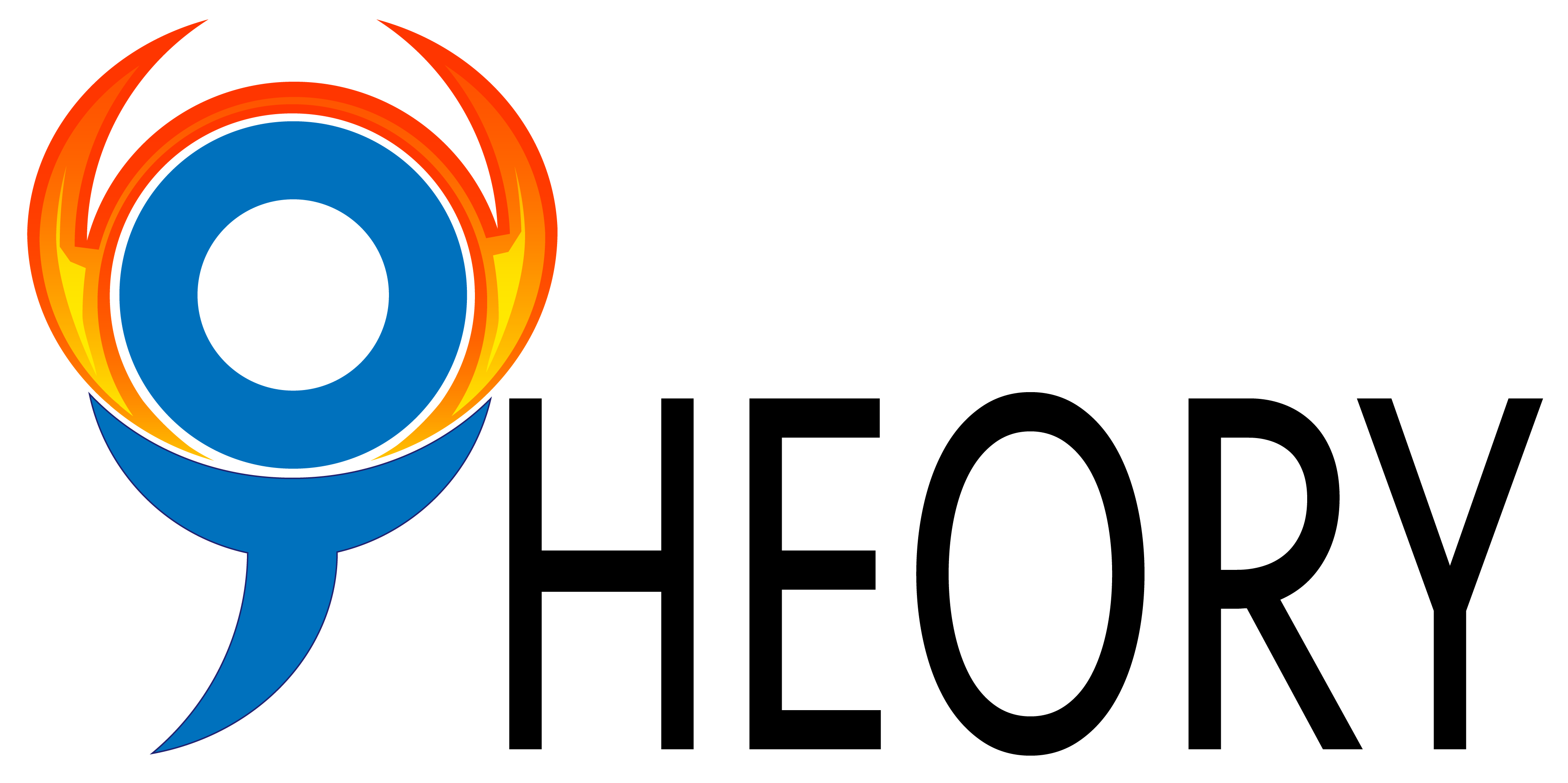The theory of occupational reconstructions emphasizes the mind-body engagement to deal with an inherently transformational injustice or problematic situation. This theory views occupations as pragmatic with meaning of inquiry. In other words, occupations are experiments for searching the truth. Occupations are creative, and engagement in occupations are intrinsically motivated (the hallmark of occupational therapy). This theory consists of seven principles, 1) Occupational reconstructions respond to a problematic situation (i.e. addressing problems people experience); 2) Occupations have meaning and purpose to ameliorate the situation (i.e., no choice but acting to transform to better situation); 3) Occupations are comprised of embodied practices (i.e., involving mind-body engagement, concerning more than beliefs, ideas, symbols, thoughts, feelings, words); 4) Occupations have a narrative structure (i.e. purposeful actions with a temporal structure); 5) Occupations open up spaces for creative transform actions (i.e., searching for and discovering thinking about and doing things); 6) Occupations involve voluntary participation (i.e., emphasizing choice and freedom or action that is intrinsically motivated); and 7) Occupations are hopeful experiments (i.e., with the purpose to improve or ameliorate the situation but without guarantee that the outcome will be achieved). These principles aim to provide guidelines for therapists in studying, designing and evaluating small to large scale social transformation, including community-based practice, community development, participation and inclusion, empowerment, health activism, occupational injustice, and political practices, by viewing occupations as both means and ends in changing situations of injustice (i.e., social transformation).
Summarized by
- Macey Cho
Type
- Theory
Population
- Child
- Adolescent
- Adult
- Elderly
Disability
- All
Domain of occupation
- Unspecified
Application Note
The application ranges from large scale social transformation in political practices to smaller scale in the community.
Key Reference
Frank, G., & Muriithi, B. A. K. (2015). Theorising social transformation in occupational science: The American civil rights movement and South African struggle against apartheid as' occupational reconstructions'. South African Journal of Occupational Therapy, 45, 11-19.
Year Published
- 2015
Primary Developer
- Gelya Frank
Primary Developer Email
- gfrank@chan.usc.edu
